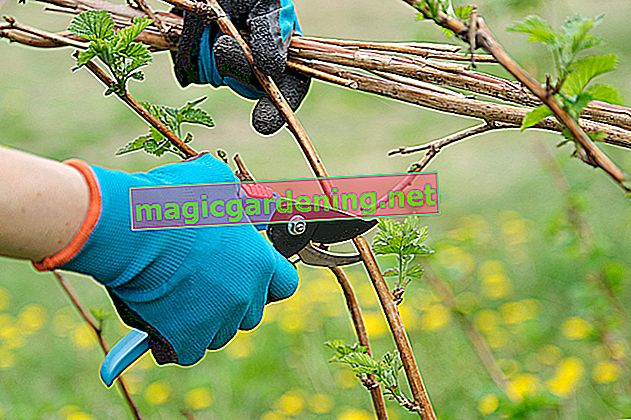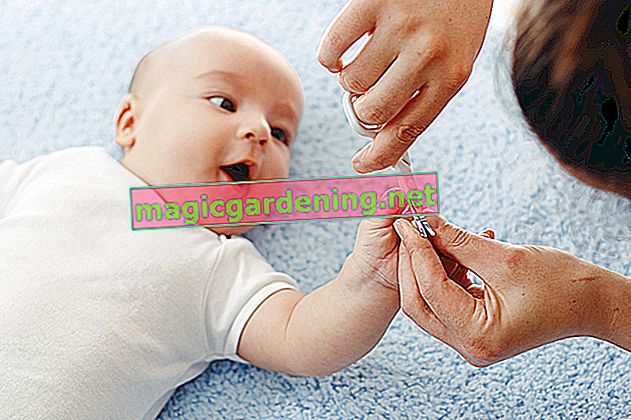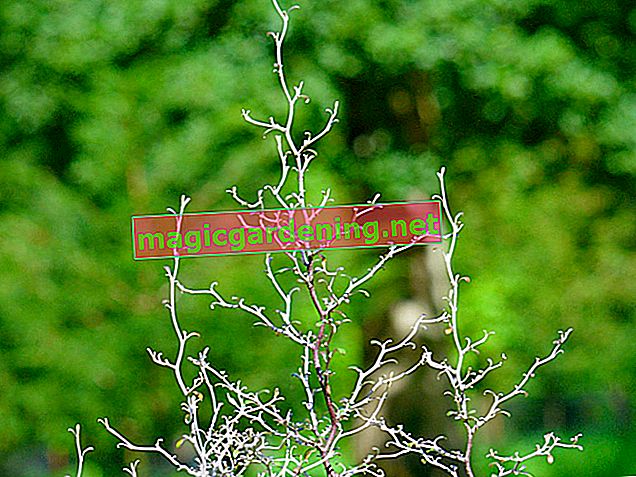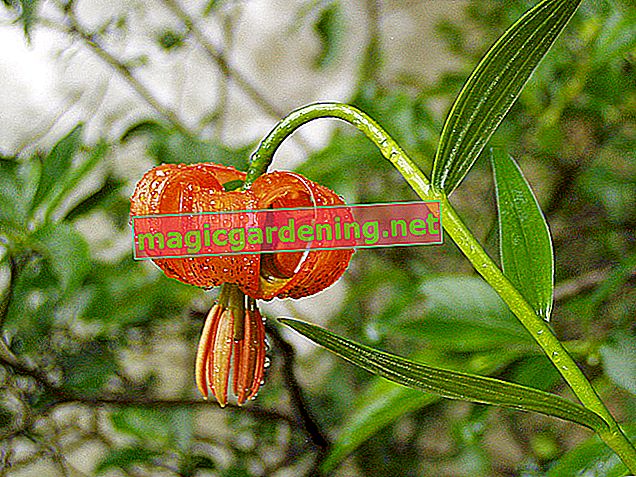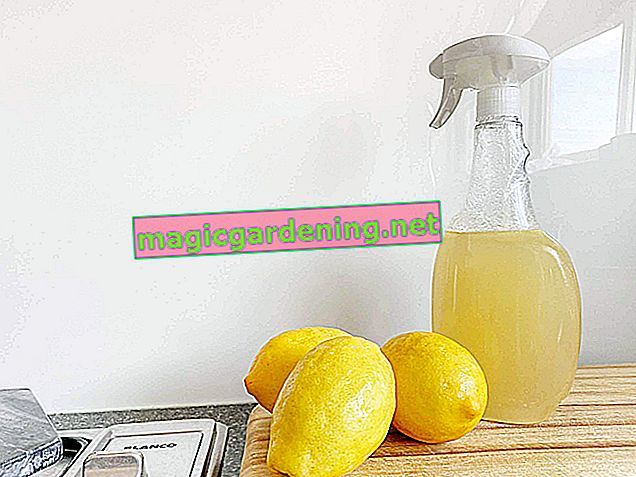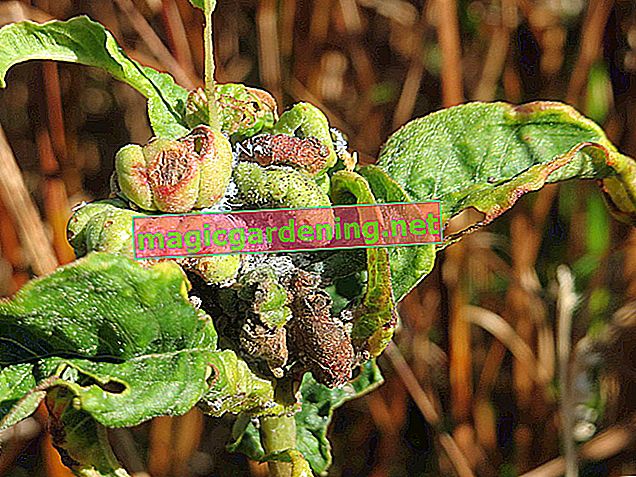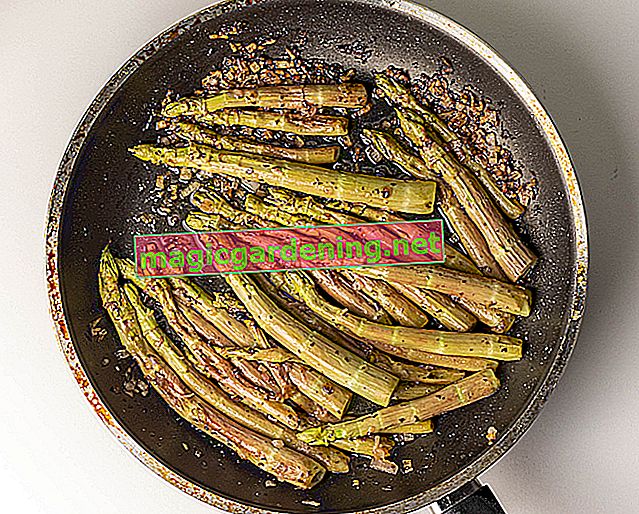
It is often caused by scale insects
The sticky droplets are the excretions of plant lice, mostly with scale insects. In some cases, however, mealybugs or mealy bugs are behind it. The excretions of the animals are called honeydew, because it is a primarily sugary solution. The animals can throw the honeydew up to 15 centimeters, which is why sticky stains on the floor are not uncommon. A sooty fungus also likes to settle on these excretions, covering the leaf black and preventing it from assimilating. However, the sooty fungus can simply be washed off with water.
also read
- Recognize and treat diseases on the lemon tree
- Lemon tree has spider mites - what should be done now?
- Is a lemon tree suitable as a houseplant?
What are scale insects or mealybugs and mealybugs?
Scale insects usually sit along the ducts on the underside of the leaves and on the shoots. Adult animals are immobile, they sit under an approximately two by three millimeter large, wood-like shield. Only the white larvae, which can hardly be seen with the naked eye, can move and also tend to attack neighboring plants. The whitish to pink mealybugs and mealybugs are about four millimeters in size and are also mainly found on the undersides of the leaves and shoot tips. All species are sap-sucking insects that must be removed - they rob the plant of a lot of strength and can also multiply explosively.
Watch out for ants!
A first indication of a lice infestation can be a noticeably large number of ants - especially in the case of lemon trees standing outdoors. As soon as the little creatures single-mindedly inhabit your lemon, scale insects are very often behind it. The ants love the sweet excrements of the lice and will eagerly endeavor to take good care of and defend them. That is why an ant infestation is often related to an as yet undiscovered louse infestation.
Fight plant lice
The easiest way to control scale and other plant lice is with the chemical club. In this case, however, you can no longer use any existing fruit, and damage to the plant itself cannot be ruled out. It would be better to rinse the plant vigorously in the shower - but cover the pot well with the potting soil or put a plastic bag over it so that too much water does not get into it. Soapy water also usually works well. You should repeat the treatment several times at intervals of a few days in order to kill all eggs and larvae.
Tips & Tricks
You can also just dip smaller lemon trees upside down for a few hours in a bucket of lukewarm water - this is guaranteed to put an end to the scale insects (and other offenders too).

